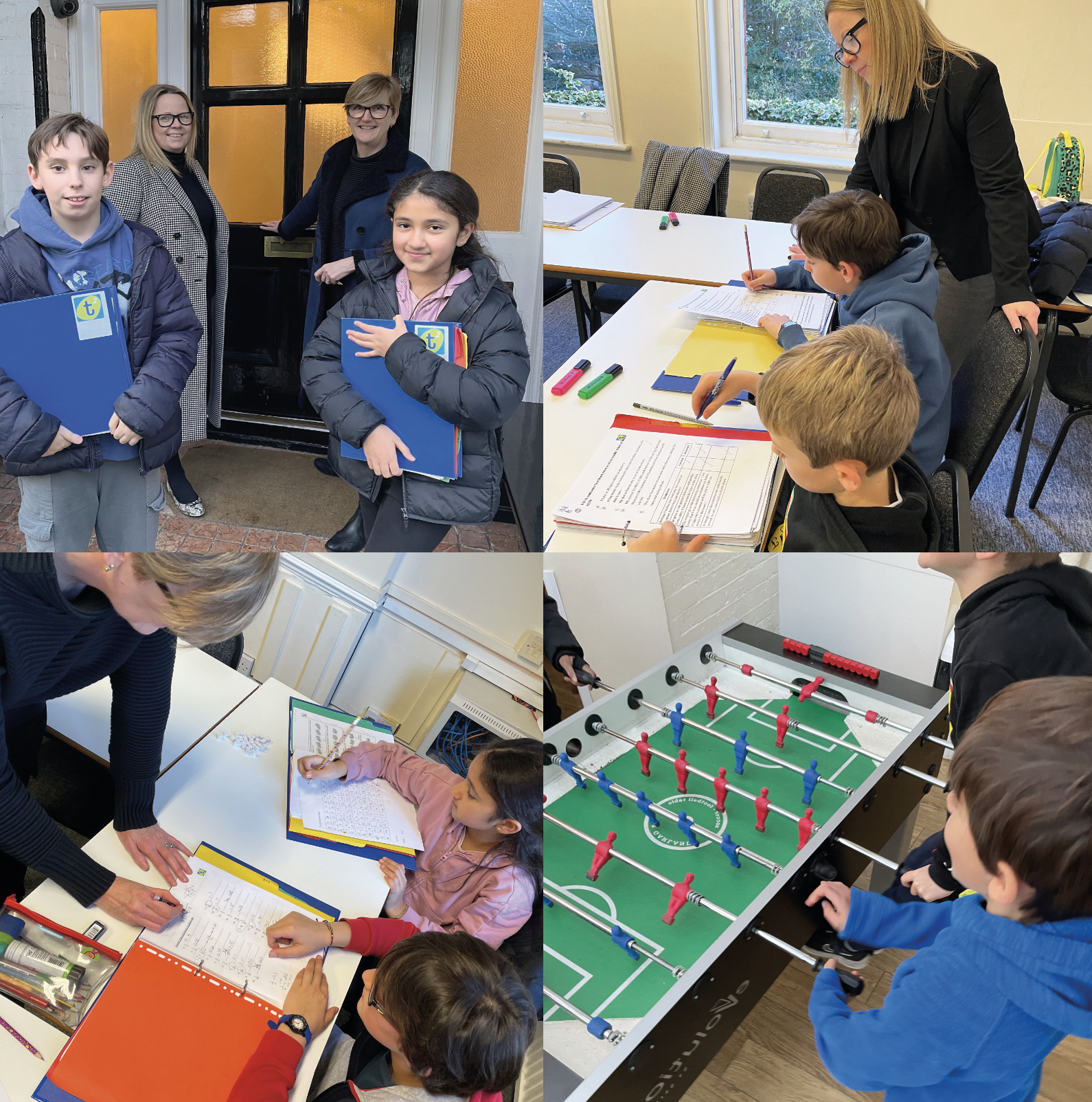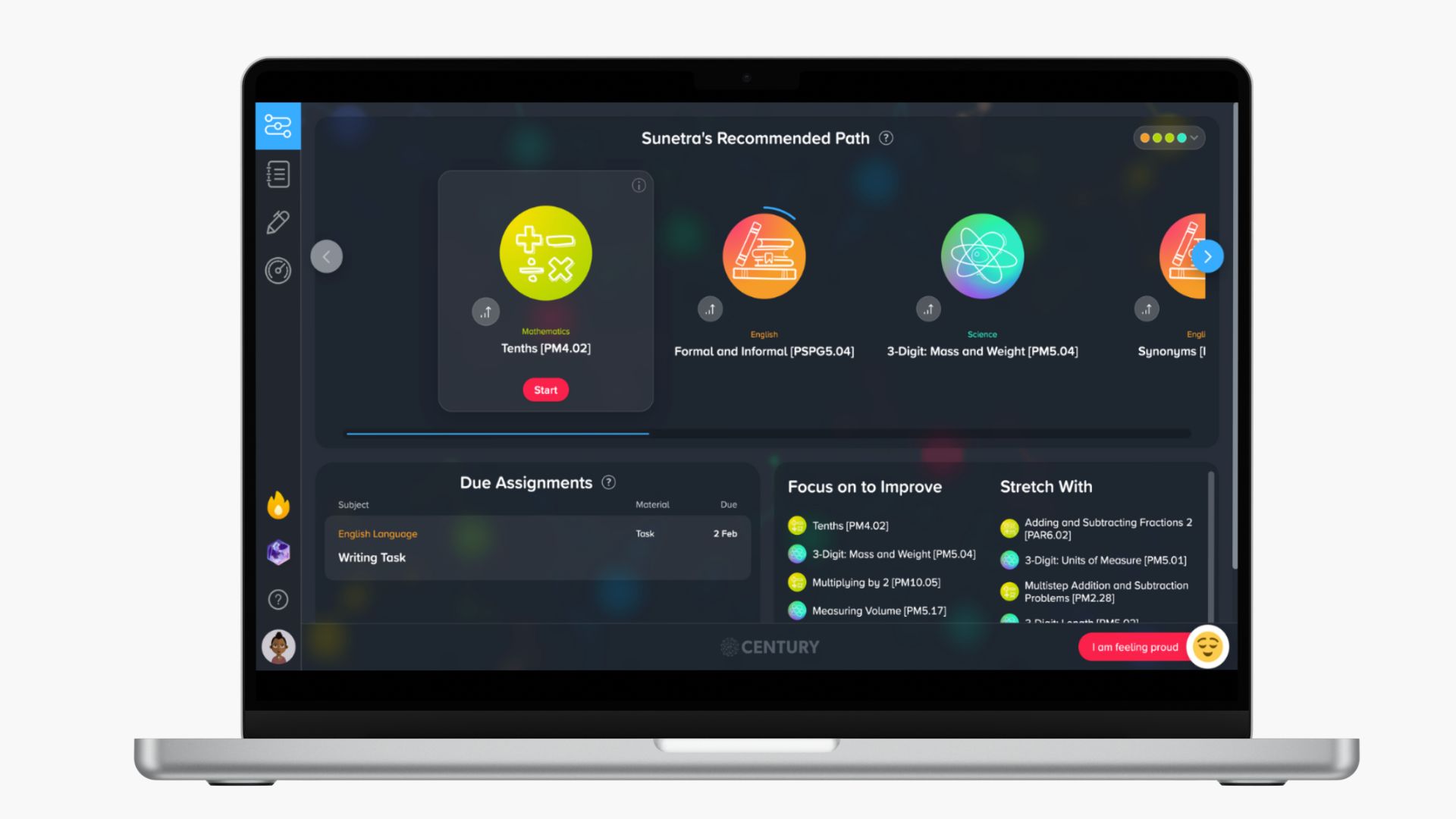Estimated reading time: 6 minutes
Recently, I had the privilege of attending AELP’s English and maths summit in Leeds. The opening segment was a thought-provoking talk by Paul Joyce, Deputy Director For Further Education and Skills at Ofsted, which focused on the challenges facing English and maths delivery in post-16 education.
His opening statement focused on the fact that English and maths skills are not only essential for qualifications but also for life. He added that the pass rate in Functional Skills (FS) simply isn't good enough. Joyce said that Ofsted wants to see higher pass rates alongside the wider skills development of learners. Joyce went on to identify four key issues that are currently undermining educators’ valiant efforts to improve pass rates for FS and provide a high-quality education for all learners.
1. Initial Assessment (IA) and diagnostic results: an untapped resource
Joyce emphasised the underutilisation of diagnostic assessments within the education system. His inspection team had spoken to numerous FS tutors who did not know the IA or diagnostic results of their learners, and thus were not able to use them to inform teaching strategies effectively. Joyce encouraged educators to embrace both IA and diagnostic formative assessments as powerful tools for understanding the needs of individual students. Leveraging these insights can help educators tailor their instructional approaches, and target support to specific areas that individuals or even groups of learners are struggling with.
2. Challenges in identifying knowledge gaps
Joyce also highlighted a lack of proactive planning to identify and then address gaps in learners’ knowledge as a key challenge. Developing comprehensive strategies to bridge these gaps is crucial. By approaching assessment as an ongoing process to consistently identify gaps, educators can target interventions when learners need them before it is too late. Joyce hit the nail on the head with what is a crucial maxim for good FS teaching: that the majority of learners need educators to deploy “the right resources at the right time”. This can be done by identifying gaps with assessment data.
3. Time constraints: a barrier to effective teaching
Educators often find themselves caught between the pressures of covering curriculum content and the need to respond to individual learner needs. This can make addressing knowledge gaps especially challenging. Joyce explained that to overcome this hurdle, institutions must ensure they balance tutor time between targeted interventions and remediation. Flexible timetabling, dedicated support sessions, and collaborative planning are all effective and tried methods of optimising instructional time. Modern education technologies can help to unlock extra time currently spent on planning and administration, Joyce added.
4. Resource scarcity: “the right resources at the right time”
Often, educators face the frustration of not having access to appropriate materials or tools when they are most needed or using multiple resources from different sources. This scarcity combined with the inconsistency in messaging of variable resources can undermine the effectiveness of interventions. Providers and policymakers must recognise the importance of investing in adequate and timely resources, ensuring that educators have the necessary tools to support their learners effectively. This might involve improving funding, widening access to digital resources, or launching collaborative sharing platforms to maximise resource allocation across providers.
It was refreshing to see a senior member of Ofsted’s team deliver an engaging speech and identify these key issues which demand our attention and action. In addition to proactive planning and collaboration, technology can be an effective tool in an educator’s arsenal to combat scarcity of time and resources.
At CENTURY, we understand the value of leveraging data, and in addition to our adaptive Smart IA tool to help support learner confidence, our self-marking diagnostics can deliver instant results. These are presented on easy-to-read dashboards, helping educators identify knowledge gaps and target interventions or remediation to learners in real time. Educators can easily assign new topics for learners, or learners can work independently through our award-winning content, which has been designed by our team of English and maths curriculum experts.
Our platform has been designed to support teaching and learning while saving educators’ valuable - and scarce - time. In addition to self-marking and providing instant personalised feedback when a learner makes a mistake, our AI immediately analyses this learner data to recommend the next topic to fill any gaps in knowledge. CENTURY provides educators this information in real time, giving them the insights they need to target the right resources at the right time for each individual learner.
It is essential for us as educators, policymakers, and stakeholders to come together, reevaluate practice and find innovative solutions to address these obstacles. By doing so, we can work towards a future where every student receives the support they need to thrive in English and maths, empowering them with the skills and knowledge for success in their academic journey and beyond.
Find out more about how CENTURY can help leverage diagnostics, identify knowledge gaps, save time and provide resources here. Book a demo here.
Richard Graham is CENTURY Tech's ITP Lead.





